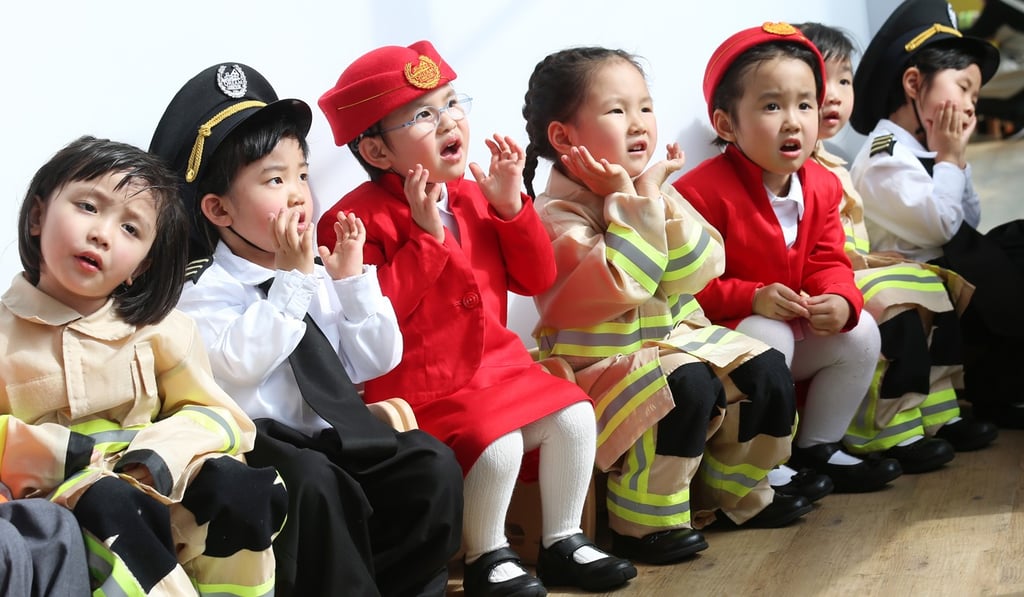Hong Kong’s education system should teach children how to be diplomats
Kelly Yang says soft skills such as empathy and tact are essential for children’s post-automation employment, as well as for teaching them how they (and their countries) should work together

In an increasingly hostile world, it is the most important skill we can give kids. Empathy is the ability to look at something from another person’s perspective before opening one’s mouth (or Gmail) and ranting. It’s the ability to deal with people in a sensitive way, and it’s lacking the world over, especially in Hong Kong.

STEM education develops children’s skill sets to make them ‘future-proof’ in employment market
People come in many shapes, sizes, colours and from all walks of life, which is why, for schools to teach empathy well, they need diversity. Diversity is the foundation of diplomacy, because if you never interact with people different from you, how will you know how to interact with them tactfully?